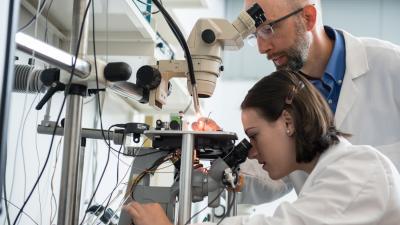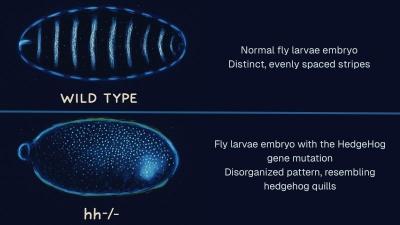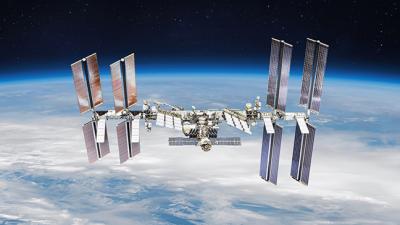Recently, RPI’s Richard Bonocora, Ph.D., senior lecturer in biological sciences, joined 29 other international participants for the Spaceflight Technology, Applications and Research (STAR) program. STAR is “a virtual NASA training for space biosciences.” The program, which will run until February, will give Bonocora an overview of the current topics in space biology, how to conduct an experiment in space and all of the unique considerations, and provide unique collaborative opportunities. He plans to share his new knowledge across campus with fellow faculty members as well as students. “I’m excited to gain knowledge through the STAR program that can help my students in many fields pursue these exciting opportunities,” said Bonocora.






